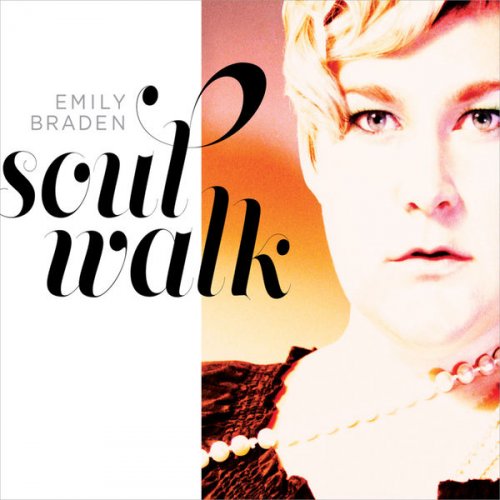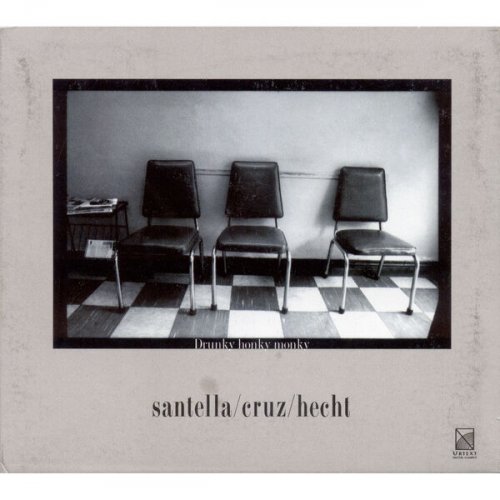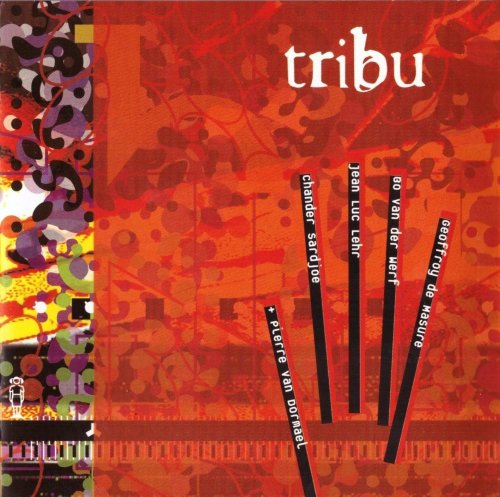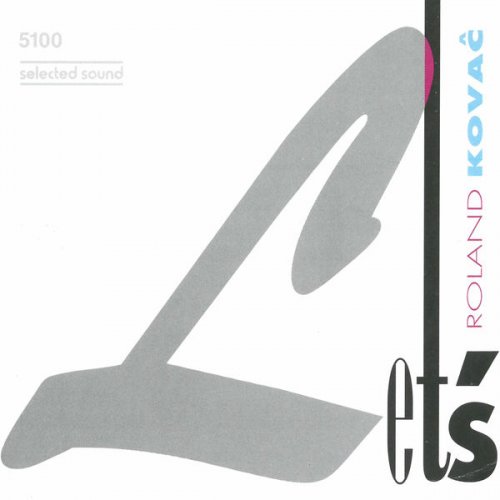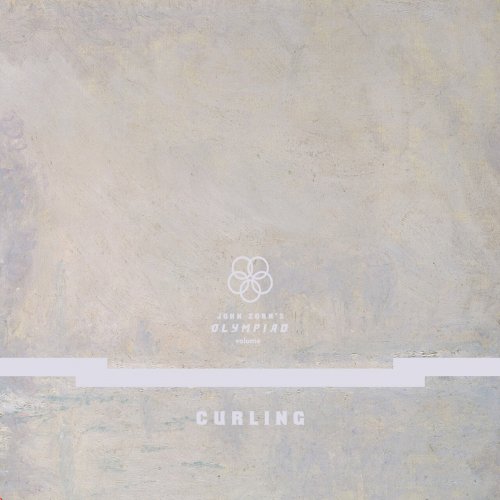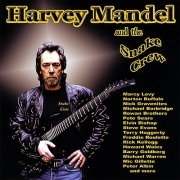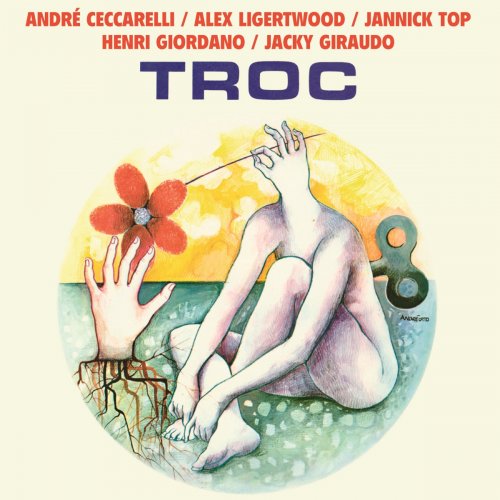Gundula Janowitz - Gundula Janowitz sings Bach, Beethoven, Gluck & Händel (2023)
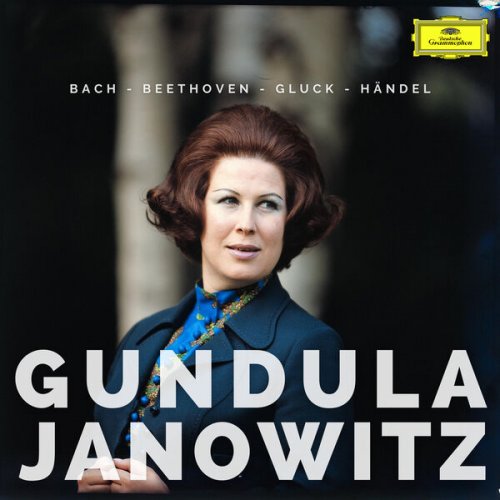
Artist: Gundula Janowitz, Karl Richter
Title: Gundula Janowitz sings Bach, Beethoven, Gluck & Händel
Year Of Release: 2023
Label: UMG Recordings, Inc.
Genre: Classical
Quality: FLAC (tracks)
Total Time: 1:54:18
Total Size: 535 MB
WebSite: Album Preview
Tracklist:Title: Gundula Janowitz sings Bach, Beethoven, Gluck & Händel
Year Of Release: 2023
Label: UMG Recordings, Inc.
Genre: Classical
Quality: FLAC (tracks)
Total Time: 1:54:18
Total Size: 535 MB
WebSite: Album Preview
01. 1. Kyrie
02. 2. Gloria
03. 3. Credo
04. 4. Sanctus
05. 5. Agnus Dei
06. Aria: "Che fiero momento"
07. Duetto: "Vieni, appaga il tuo consorte!"
08. Recitativo: "Ecco un nuovo tormento"
09. Recitativo: "Qual vita è questa mai"
10. 14. Rezitativ (Sopran) "Es waren Hirten beisammen.."
11. 43. Arie "Ich weiß, daß mein Erlöser lebet"
12. 16. Arie "Erwach, frohlocke, o Tochter.."
13. 18a. Duett "Er weidet seine Herde"
14. 36. Arie "Wie lieblich ist der Boten Schritt"
15. No. 51 Terzetto: "Ach, wann wird die Zeit erscheinen?"
16. No. 39 Aria: "Flösst, mein Heiland, flösst dein Namen"
17. No. 56 Rezitativ: "Du Falscher, suche nur den Herrn zu fällen"
18. No. 57 Aria: "Nur ein Wink von seinen Händen"
19. No. 63 Rezitativ: "Was will der Hölle Schrecken nun?"
20. No. 29 Duett: "Herr, dein Mitleid, dein Erbarmen"
21. No. 13 Evangelist, Engel: "Und der Engel sprach zu ihnen"
22. J.S. Bach: Rehearsal Of J.S. Bach's Christmas Oratorio, BWV 248 - 14th & 16th Day Of Recording
23. J.S. Bach: Rehearsal Of J.S. Bach's Christmas Oratorio, BWV 248 - 8th Day Of Recording
Janowitz's voice was regarded as one of the most beautiful of its time, with a rich timbre that was ideal for the more poetic and serene operatic roles, such as the Countess in Le nozze di Figaro, and particularly Strauss heroines such as the Countess in Capriccio, Ariadne, Arabella, and the Marschallin. She was also celebrated for her Verdi, particularly Elisabetta in Don Carlo, Amelia in Simon Boccanegra, and Aida. Some critics found her performances lacking in flamboyance, calling her tepid, but others found them elegantly underestated, relying on the music and the line rather than histrionics.
She studied voice at the Graz Conservatory, winning a competition to make her opera debut in 1960 as Barbarina in Nozze at the Vienna State Opera and beginning a lifelong association with that house. Later that year, she made her Bayreuth Festival debut as a flowermaiden in Parsifal. She began to sing leads at the VSO, including, at Herbert von Karajan's urging, the Empress in Strauss' Die Frau ohne Schatten, at the age of 27. (Karajan had a habit of urging singers into heavy repertoire, often to their detriment; however, her fine technique and caution kept her voice from suffering.) Her Glyndebourne debut came in 1964, as Ilia in Mozart's Idomeneo (with a new young Italian tenor, Luciano Pavarotti, singing Idamante). She made her Metropolitan Opera debut in 1967 as Sieglinde in Wagner's Die Walküre. Her Covent Garden debut was not until 1976, as Donna Anna in Don Giovanni.
Throughout her career, she was as engaged with concerts and recitals as with operatic performances, becoming especially acclaimed for her renditions of Strauss' Four Last Songs. She retired from the stage in 1990, though she still gave the occasional concert. © Anne Feeney
She studied voice at the Graz Conservatory, winning a competition to make her opera debut in 1960 as Barbarina in Nozze at the Vienna State Opera and beginning a lifelong association with that house. Later that year, she made her Bayreuth Festival debut as a flowermaiden in Parsifal. She began to sing leads at the VSO, including, at Herbert von Karajan's urging, the Empress in Strauss' Die Frau ohne Schatten, at the age of 27. (Karajan had a habit of urging singers into heavy repertoire, often to their detriment; however, her fine technique and caution kept her voice from suffering.) Her Glyndebourne debut came in 1964, as Ilia in Mozart's Idomeneo (with a new young Italian tenor, Luciano Pavarotti, singing Idamante). She made her Metropolitan Opera debut in 1967 as Sieglinde in Wagner's Die Walküre. Her Covent Garden debut was not until 1976, as Donna Anna in Don Giovanni.
Throughout her career, she was as engaged with concerts and recitals as with operatic performances, becoming especially acclaimed for her renditions of Strauss' Four Last Songs. She retired from the stage in 1990, though she still gave the occasional concert. © Anne Feeney
![FŒHN - Soleil de Minuit (2026) [Hi-Res] FŒHN - Soleil de Minuit (2026) [Hi-Res]](https://www.dibpic.com/uploads/posts/2026-02/1770357244_gm1m1pna2mo8k_600.jpg)
